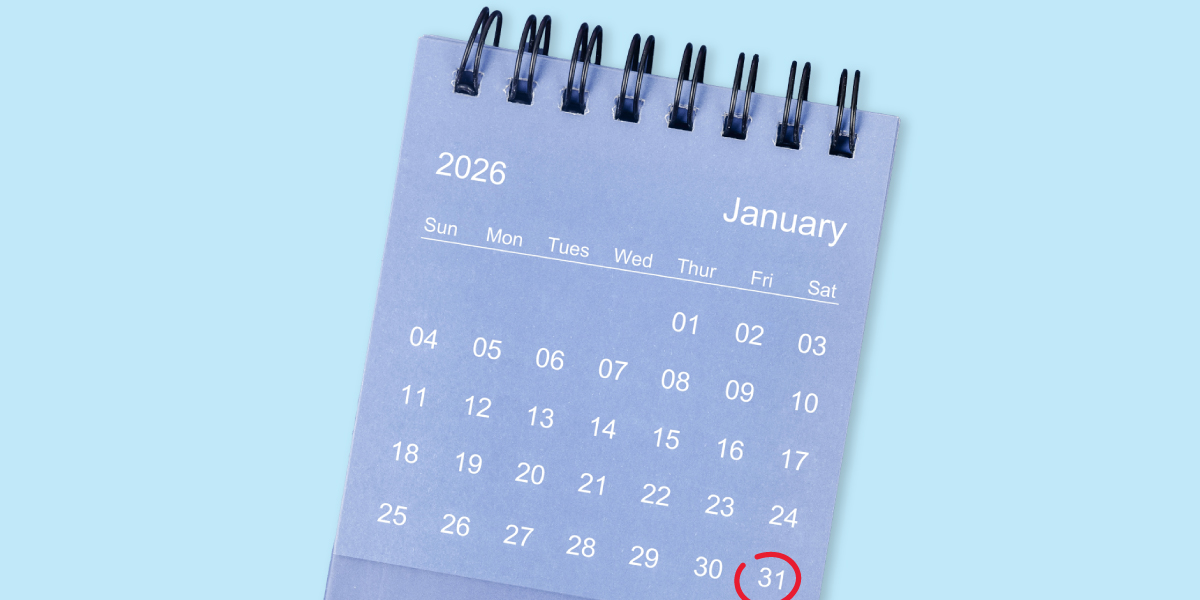
MEMBER EXCLUSIVE
Members can use GoSimpleTax to file to HMRC at a great price and avoid costly accountant fees.
Get startedBy clicking a retailer link you consent to third-party cookies that track your onward journey. This enables W? to receive an affiliate commission if you make a purchase, which supports our mission to be the UK's consumer champion.

New rules coming into force from January 2024 could mean people who make money through a 'side hustle' have their bank account details shared with HM Revenue and Customs (HMRC).
As part of a global clampdown on tax evasion, digital platforms that allow people to make extra cash on top of their main income will be ordered to give HMRC users' information. This will impact everyone from holiday rental hosts and delivery drivers to sellers on online marketplaces and even freelancers.
Here, we explain what this could mean for you, the rules around income tax and how to avoid getting into trouble with HMRC.
The tax office already has the power to demand UK-based apps and websites to provide data on the income of sellers, including bank account details. But because many digital platforms are based overseas, such as holiday letting sites, some tax dodgers are still slipping through the net.
HMRC has now signed up to the Organisation for Economic Co-operation and Development (OECD) rules, which will allow it to investigate the tax affairs of people earning an income via a company that operates abroad.
Under the measures, it will also share information with other participating tax authorities where a seller is a resident. A copy of the details will then be sent to the seller to help them comply with their tax obligations. As of November 2022, 28 countries and jurisdictions had signed up to the OECD rules.
HMRC hopes the rules, which will be introduced in the new year, will mean more people get their tax bill right and clamp down on those deliberately avoiding paying.
HMRC told Which?: 'The vast majority of people pay the correct amount of tax. We use various methods, including working with online rental and marketplace platforms, to help make it as easy as possible for people to pay the right tax.'
Side hustles – jobs you take on in addition to your main job – have become a popular way to boost earnings. But whether it is selling handcrafted goods or delivering takeaways, any money you make counts as self-employed income and must be declared to the tax office.
However, you won't need to declare what you earn if you make less than £1,000 during a tax year (6 April-5 April), as it can be covered by the trading allowance. This applies to income from activities such as selling goods or services.
Similarly, if your additional income is made from monetising your property in some way – like renting your driveway – up to £1,000 can be covered by the property allowance.
If you earn more than this in a year, then it's your responsibility to declare your income to HMRC via a self-assessment tax return.

Members can use GoSimpleTax to file to HMRC at a great price and avoid costly accountant fees.
Get startedIf you think you need to file a tax return for income earned in 2022-23, the official deadline to register for self-assessment was 5 October. If you haven't done it yet, don't worry – but do try to sign up as soon as you can.
The process can take a while; it usually takes 10 working days to receive your Unique Taxpayer Reference (UTR) number, so if you leave it too late, you may rush and make mistakes – or worse, end up filing and paying the bill late.
When you come to actually filling in your tax return, remember that you'll need to include information about all sources of income – including your side hustle, your employment and anything else, such as rental or pension income.
Make sure you keep a record of what you earn, as well as invoices, receipts and bank statements.
Watch out for deadlines. The deadline for filing a paper tax return is 31 October. The cut-off date for both filing an online tax return and paying the bill is 31 January.
If you miss the deadline for filing, you will incur an initial £100 penalty. After three months, this increases to £10 per day (for up to 90 days). Further penalties are triggered if your return is more than six or 12 months late.
On top of these, you’ll likely also face late payment charges if you haven't paid your tax bill by 31 January. You’ll be charged daily interest (at the Bank of England base rate plus 2.5%) from the date the payment was due. That's currently set at 7.75%. There may be further penalties if you're several months late paying your tax bill.
If you have any concerns about submitting your tax return or paying your bill, contact HMRC.
If you need to submit a tax return for money earned during 2022-23 – which is due by 31 January 2024 – the Which? tax calculator can help you tot up your tax bill, and suggests expenses and allowances that you might have forgotten.
You can declare income from a range of sources, and even use the tool to submit your return directly to HMRC once you're satisfied that everything's been included.